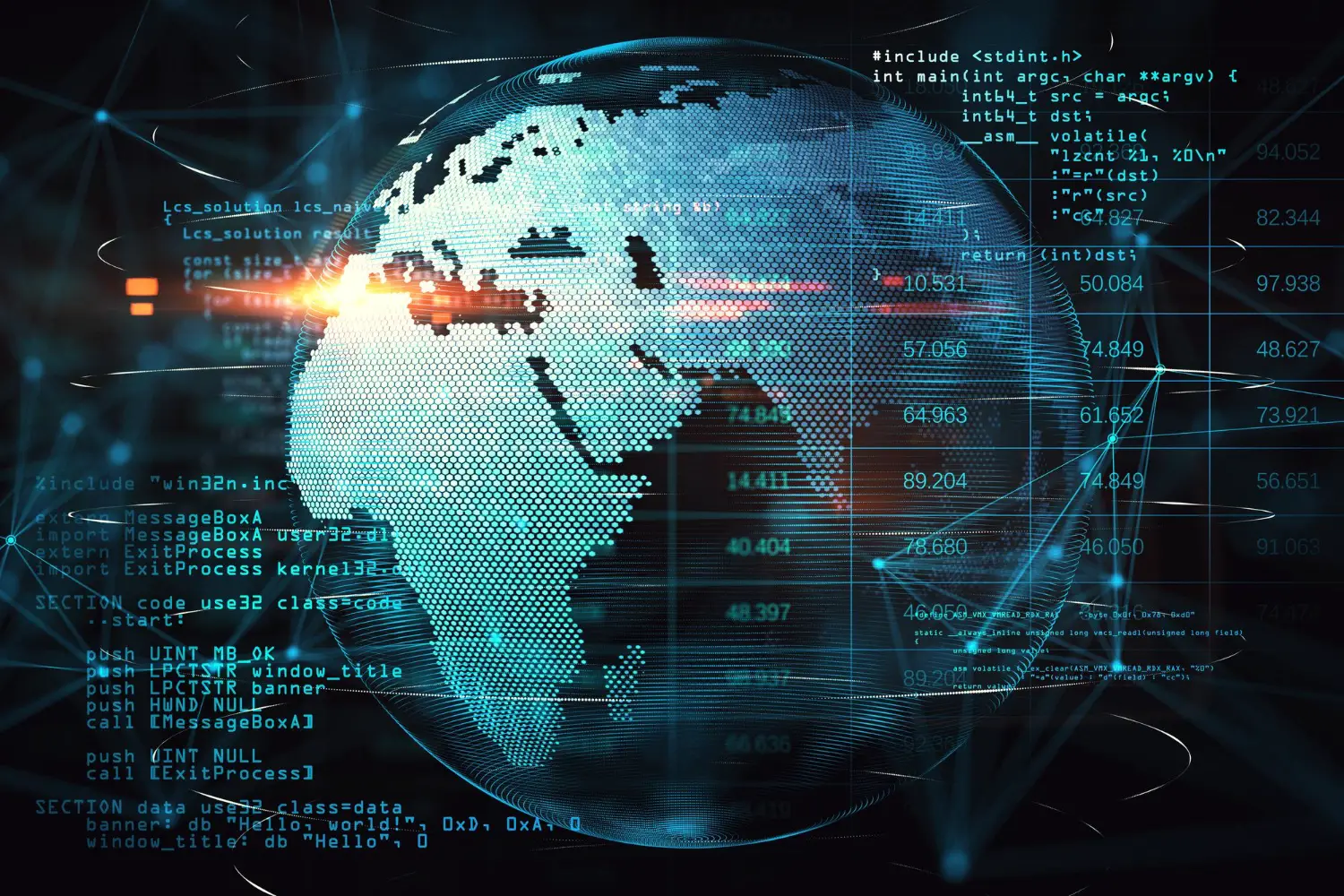Understanding New Frontiers in Global Conflicts
COMMENTARY
In recent decades, the nature of warfare between nations has evolved substantially with the integration of offensive cyber tactics. In late 2023, Israel’s cyber-defense chief, Yigal Unna, voiced concerns that Iran would escalate the intensity of its cyberattacks on Israeli infrastructure and government agencies. This exemplifies the new reality we live in, where cyber warfare has become a critical domain alongside land, air, and sea tactics in armed conflicts across the world.
The integration of offensive cyber operations alongside conventional military force represents a strategic shift toward what experts call “fifth generation” or “hybrid warfare.” The goal is to undermine the adversary using the tools available to achieve political and military objectives. In addition to traditional personnel and weapons, modern hybrid warfare leverages things like weaponized propaganda, election interference, and strategic hacks on critical infrastructure.
Common Forms of Cyber Warfare
One major type of cyber threat targets critical infrastructure like power grids, water systems, transportation networks, financial systems, and government systems. Successfully breaching these can allow adversaries to monitor or control systems that keep societies functioning. For example, Iranian hackers briefly took control of a small dam in New York in 2013 after stealing usernames and passwords. Should control systems or operational networks become compromised, adversaries could shut down essential services or send them into dangerous states. For example, in 2021, Israel was allegedly responsible for a cyberattack on a primary nuclear facility in Iran, which led to a blackout and damage to the region’s electricity grid.
Aside from critical infrastructure, security gaps in everyday technologies can be used for strategic advantage during war. For example, reports suggest that poorly configured security cameras in Israel and Palestine are vulnerable to attack from adversaries or supportive hacktivists with basic skills. Access risks range from invasion of privacy through recording private spaces to manipulating feeds for espionage or to incite panic. Adversaries can also introduce wiper…

